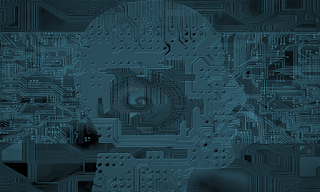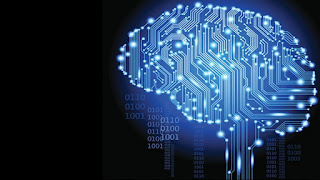The Role of Artificial Intelligence in Natural Language Processing

Artificial Intelligence (AI) has been a rapidly growing field in recent years, and one of its most exciting and useful applications is in the field of Natural Language Processing (NLP). NLP is the branch of AI that deals with the interactions between computers and human languages, and it has many important applications in areas such as machine translation, speech recognition, and text summarization. The role of AI in NLP has been crucial in advancing the field, and it has led to many new and exciting developments. One of the most important areas where AI has played a significant role in NLP is in machine translation. Machine translation is the process of automatically translating text from one language to another, and it is a task that requires a deep understanding of both the source and target languages. AI has been used to develop machine translation systems that are able to understand the meaning of the text and then generate a translation tha










